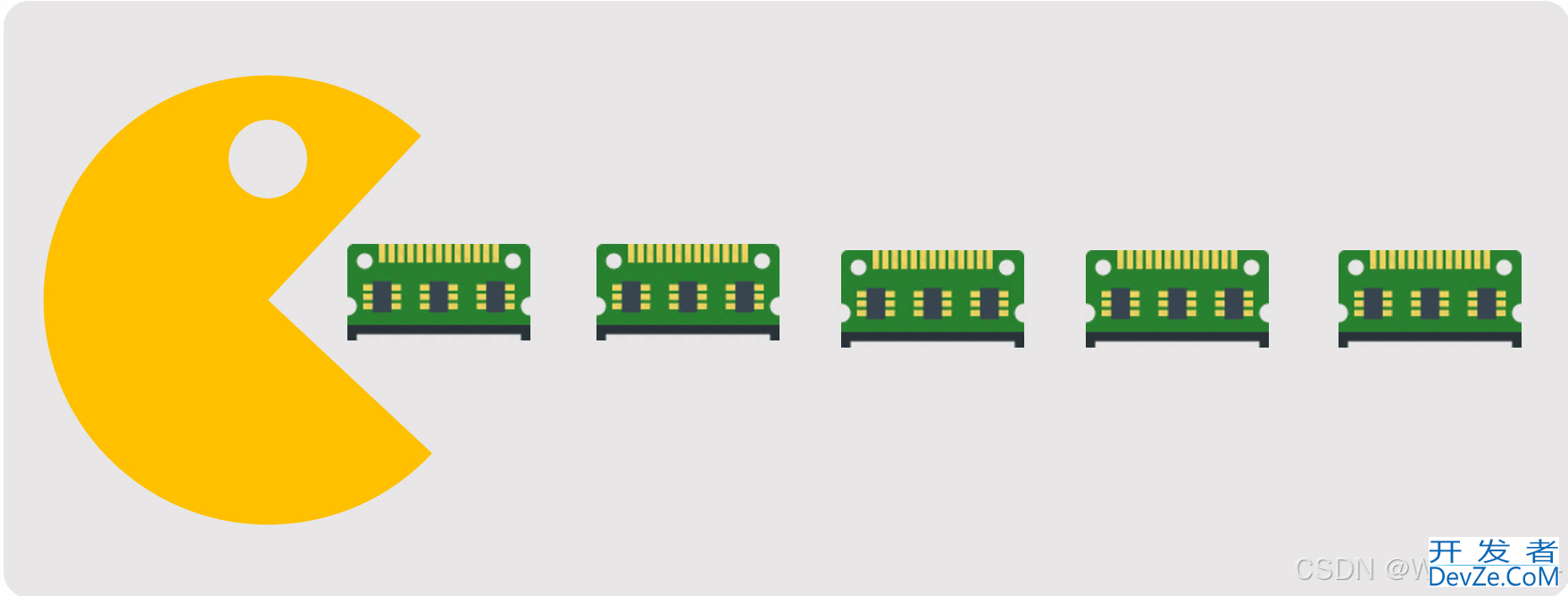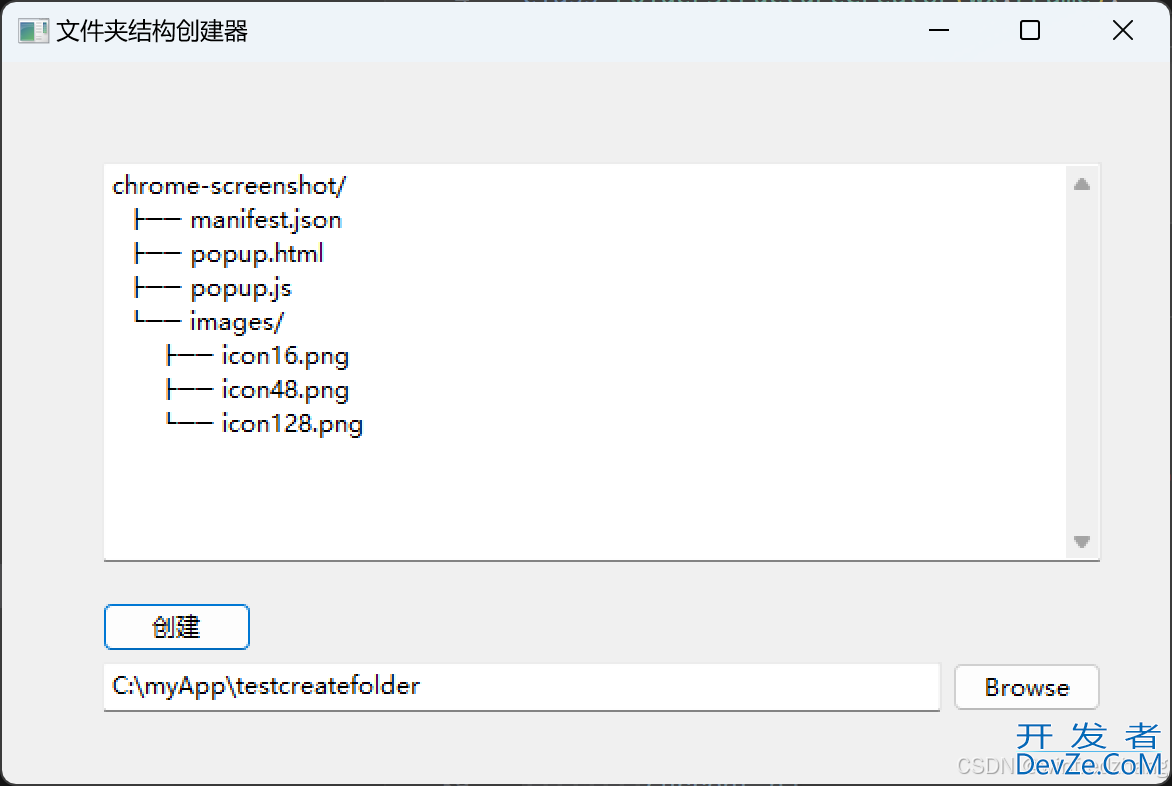目录
- 一、商城数据不一致的场景
- 二、演示这一过程
- 1、数据库中增加商品表
- 2、创建实体类
- 3、创建Mapper
- 4、进行测试
- 三、乐观锁方案
- 四、乐观锁实现流程
- 1、修改实体类
- 2、添加乐观锁插件
- 3、优化流程
- 总结
一、商城数据不一致的场景
如果商城中有一件商品,成本价是80元,售价是100元。经理先是通知小李,说你去把商品价格增android加50元。小李正在玩游戏,耽搁了一个小时。正好一个小时后,经理觉得商品价格增加到150元,价格太高,可能会影响销量。又通知小王,你把商品价格降低30元。
此时,小李和小王同时操作商品后台系统。小李操作的时候,系统先取出商品价格100元;小王也在操作,取出的商品价格也是100元。小李将价格加了50元,并将100+50=150元存入了数据库;小王将商品减了30元,并将100-30=70元存入了数据库。是的,如果编程客栈没有锁,小李的操作就完全被小王的覆盖了。
现在商品价格是70元,比成本价低10元。几分钟后,这个商品很快出售了1千多件商品,老板亏1万多。
二、演示这一过程
1、数据库中增加商品表
CREATE TABLE product
(
id BIGINT(20) NOT NULL AUTO_INCREMENT COMMENT '主键ID',
name VARCHAR(30) NULL DEFAULT NULL COMMENT '商品名称',
price INT(11) DEFAULT 0 COMMENT '价格',
version INT(11) DEFAULT 0 COMMENT '乐观锁版本号',
PRIMARY KEY (id)
);
INSERT INTO product (id, NAME, price) VALUES (1, '笔记本', 100);
2、创建实体类
@Data
public class Product {
private Long id;
private String name;
private Integer price;
private Integer version;
}
3、创建Mapper
public interface ProductMapper extends BaseMapper<Product> {
}
4、进行测试
@RunWith(SpringRunner.class)
@SpringBootTest
public class ProductVersionTest {
@Resource
private ProductMapper productMapper;
@Test
public void testProductUpdate() {
//1、小李
Product p1 = productMapper.selectById(1L);
//2、小王
Product p2 = productMapper.selectById(1L);
//3、小李将价格加了50元,存入了数据库
p1.setPrice(p1.getPrice() + 50);
int result1 = productMapper.updateById(p1);
System.out.println("小李修改结果:" + result1);
//4、小王将商品减了30元,存入了数据库
p2.setPricjse(p2.getPrice() - 30);
int result2 = productMapper.updateById(p2);
System.out.println("小王修改结果:" + result2);
//最后的结果
Product p3 = productMapper.selectById(1L);
System.out.println("最后的结果:" + p3.getPrice());
}
}
最后输出的是 70元,与经理预期的120元不同,导致亏损,如何防止这样的异常发生,解决方案是使用乐观锁
三、乐观锁方案
数据库中添加version字段:取出记录时,获取当前version
SELECT id,`name`,price,`version` FROM product WHERE id=1
更新时,version + 1,如果where语句中的version版本不对,则更新失败
UPDATE product SET price=price+50, `version`=`version` + 1 WHERE id=1 AND `version`=1
四、乐观锁实现流程
1、修改实体类
添加 @Version 注解
@Version private Integer version;
2、添加乐观锁插件
@Configuration
//@MapperScan("com.koo.modules.*.dao")
public class MyBATisPlusConfig {
/**
* 新的分页插件,一缓和二缓遵循mybatis的规则,需要设置 MybatisConfiguration#useDeprecatedExecutor = false 避免缓存出现问题(该属性会在旧插件移除后一同移除)
*/
@Bean
public MybatisPlusInterceptor mybatisPlusInterceptor() {
MybatisPlusInterceptor interceptor = new MybatisPlusInterceptor();
开发者_C入门 interceptor.addInneandroidrInterceptor(new PaginationInnerInterceptor(DbType.mysql));
//实现乐观锁,保证数据的准确性
interceptor.addInnerInterceptor(new OptimisticLockerInnerInterceptor());
return interceptor;
}
@Bean
public ConfigurationCustomizer configurationCustomizer() {
return configuration -> configuration.setUseDeprecatedExecutor(false);
}
}
3、优化流程
(判断第二次更新数据是否成功,不成功则重新取数据进行更新)
@RunWith(SpringRunner.class)
@SpringBootTest
public class ProductVersionTest {
@Resource
private ProductMapper productMapper;
@Test
public void testProductUpdate() {
//1、小李
Product p1 = productMapper.selectById(1L);
//2、小王
Product p2 = productMapper.selectById(1L);
//3、小李将价格加了50元,存入了数据库
p1.setPrice(p1.getPrice() + 50);
int result1 = productMapper.updateById(p1);
System.out.println("小李修改结果:" + result1);
//4、小王将商品减了30元,存入了数据库
p2.setPrice(p2.getPrice() - 30);
int result2 = productMapper.updateById(p2);
System.out.println("小王修改结果:" + result2);
if(result2 == 0){//更新失败,重试
System.out.println("小王重试");
//重新获取数据
p2 = productMapper.selectById(1L);
//更新
p2.setPrice(p2.getPrice() - 30);
productMapper.updateBpythonyId(p2);
}
//最后的结果
Product p3 = productMapper.selectById(1L);
System.out.println("最后的结果:" + p3.getPrice());
}
}
输出结果为120,数据正确
至此,一个简单的乐观锁就实现了。
总结
到此这篇关于MyBatisPlus+SpringBoot实现乐观锁功能的文章就介绍到这了,更多相关MyBatisPlus SpringBoot乐观锁功能内容请搜索我们以前的文章或继续浏览下面的相关文章希望大家以后多多支持我们!









 加载中,请稍侯......
加载中,请稍侯......
精彩评论